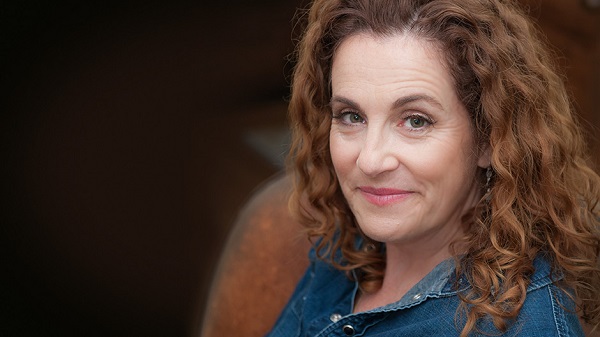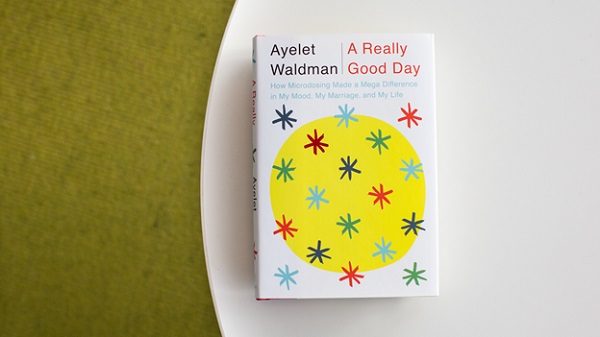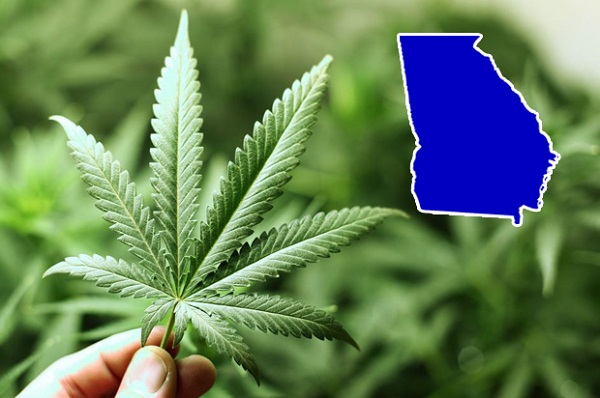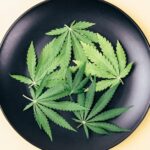In the pursuit of personal growth and alternative methods for improving mental well-being, the practice of microdosing has gained considerable attention in recent years. As individuals seek new approaches to enhance cognitive function, boost creativity, and alleviate mental health struggles, microdosing has emerged as a unique and intriguing avenue worth exploring. Ayelet Waldman’s groundbreaking memoir, “A Really Good Day” offers a captivating account of her personal journey with microdosing LSD and delves into the potential benefits and challenges of this unorthodox practice.
This article serves as a book review, analyzing the impact of “A Really Good Day” and the broader conversation it contributes to the practice of microdosing. By exploring Waldman’s personal experiences, the scientific context she provides, and the societal implications of microdosing, we aim to offer a comprehensive understanding of the potential benefits and challenges associated with this unconventional approach to well-being.
Whether you are intrigued by the growing interest in microdosing, interested in exploring alternative mental health interventions, or simply seeking to broaden your understanding of Ayelet Waldman’s memoir, this article provides an in-depth analysis and review of “A Really Good Day.” As we delve into the pages of this memoir and consider the broader implications of microdosing, we invite readers to embark on a thoughtful exploration of this captivating practice and the potential it holds for making a mega difference in our lives.
About Author Ayelet Waldman

Ayelet Waldman is an accomplished Israeli-American author, essayist known for her thought-provoking and candid works. Born on December 11, 1964, in Jerusalem, Israel, Waldman grew up in a Jewish-American household in New Jersey. She attended Wesleyan University, where she earned a bachelor’s degree. Later, she pursued a Juris Doctor degree from Harvard Law School.
Waldman’s literary career began in the late 1990s. However, it was her memoir, “Love and Other Impossible Pursuits” (2006), that brought her widespread recognition. The book delves into the complexities of relationships and the challenges of navigating motherhood while also tackling the themes of loss and forgiveness.
In 2017, Waldman released “A Really Good Day” a memoir that chronicles her experiences with microdosing LSD as a form of self-experimentation to address her mental health struggles. The book received significant attention and sparked discussions about microdosing, mental health treatments, and the broader societal attitudes towards psychedelics.
Waldman’s writing often combines personal narratives with insightful social commentary. She fearlessly explores taboo topics, challenges societal norms, and encourages open conversations about mental health, feminism, and motherhood. Her works tackle complex issues with honesty, humor, and a willingness to embrace vulnerability.
Apart from her career as an author, Ayelet Waldman has also contributed essays and articles to prominent publications, including The New York Times, The Wall Street Journal, and The Washington Post. She has been recognized for her distinctive voice and her ability to provoke thought and discussion on important societal issues.
In addition to her writing, Waldman has held academic positions as a visiting professor at the University of California, Berkeley, School of Law, and the University of San Francisco School of Law. Her experiences as a law professor have also informed her perspectives on social justice and legal matters, which occasionally find their way into her writings.
Ayelet Waldman continues to engage readers with her thought-provoking works and remains an influential figure in contemporary literature. Through her writing, she encourages readers to question societal norms, challenge their preconceived notions, and embrace the complexities of human experiences.
What is this book about?
“A Really Good Day” by Ayelet Waldman is a captivating and introspective memoir that explores the author’s personal journey with microdosing LSD. With candidness and humor, Waldman takes readers on a thought-provoking exploration of her experiences, shedding light on the potential benefits and challenges of this controversial practice.
Waldman’s decision to embark on a month-long experiment with microdosing stems from her ongoing struggles with chronic mood disorders and anxiety. Seeking alternatives to traditional psychiatric medications, she turns to the uncharted territory of subperceptual doses of LSD. Throughout the book, Waldman meticulously records her daily experiences, emotions, and observations, providing readers with an intimate glimpse into the impact microdosing has on her life.
What makes “A Really Good Day” stand out is Waldman’s ability to balance personal storytelling with scientific context. She incorporates research findings, historical perspectives, and interviews with experts, grounding her personal experiences within a broader understanding of microdosing. By doing so, she invites readers to consider the potential mechanisms behind microdosing and its implications for mental health and well-being.
Waldman’s prose is engaging and relatable, allowing readers to connect with her vulnerability and empathize with her struggles. Her wit and self-deprecating humor provide moments of levity, effectively navigating the complex and often taboo subject matter. The book not only explores the individual effects of microdosing but also raises larger questions about the current state of mental healthcare, the limitations of pharmaceutical interventions, and the potential for psychedelic substances to play a transformative role in mental health treatment.
One of the book’s strengths is Waldman’s nuanced exploration of the ethical and legal considerations surrounding microdosing. She grapples with societal stigmas and confronts the complexities of navigating a world where psychedelic substances remain largely illegal. By tackling these issues head-on, Waldman encourages readers to critically examine the existing paradigms and question the potential benefits that may be overlooked due to societal taboos.
While the book primarily focuses on Waldman’s personal experiences, she also acknowledges the limitations and challenges of her experiment. She emphasizes the importance of responsible and informed decision-making, highlighting the need for further research and clinical studies to fully understand the risks and benefits of microdosing. This balanced approach ensures that readers are presented with a comprehensive view of microdosing, rather than a one-sided endorsement.
“A Really Good Day” is an engaging and thought-provoking memoir that pushes the boundaries of conventional thinking about mental health treatments. Ayelet Waldman’s honest and introspective storytelling invites readers to explore the potential of microdosing as a means of personal growth and well-being. Whether one is familiar with microdosing or approaching the topic for the first time, this book offers a compelling narrative and a valuable contribution to the ongoing conversation surrounding psychedelics and mental health.
Summary
In “A Really Good Day” Ayelet Waldman offers readers an intimate and thought-provoking exploration of her experiences with microdosing LSD. Through her candid storytelling, Waldman opens up a larger conversation about mental health, pharmaceutical interventions, and the potential of psychedelics as tools for personal growth and well-being. Her willingness to confront societal stigmas and examine the ethical and legal implications of microdosing adds depth and nuance to the narrative.
While “A Really Good Day” serves as a personal account, it goes beyond individual experiences to raise important questions about the current state of mental healthcare and the potential for alternative approaches to transform lives. By combining her personal journey with scientific context and historical perspectives, Waldman presents a well-rounded exploration of microdosing that invites readers to reconsider their own beliefs and preconceptions.
As readers delve into this captivating memoir, they are prompted to reflect on the potential benefits and limitations of microdosing and to engage in a broader conversation about mental health treatments. “A Really Good Day” serves as a powerful reminder that sometimes the most transformative solutions lie outside the conventional boundaries, and it encourages us to challenge the status quo in pursuit of better well-being and personal growth.
In the end, “A Really Good Day” offers readers a unique perspective and serves as an important contribution to the growing discourse around microdosing and its potential impact on mental health. It is a book that sparks curiosity, encourages critical thinking, and invites readers to explore new avenues for understanding and enhancing their own well-being.












